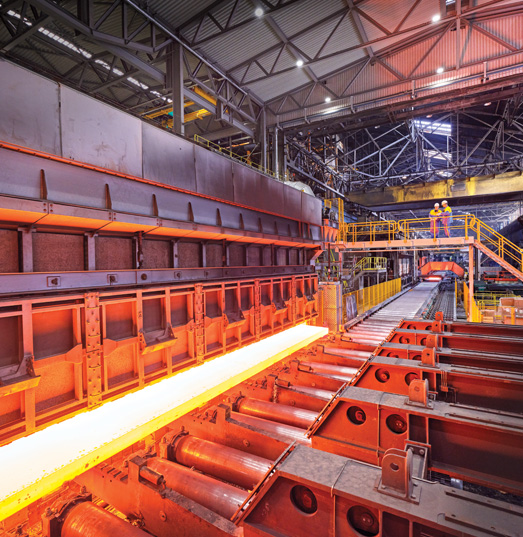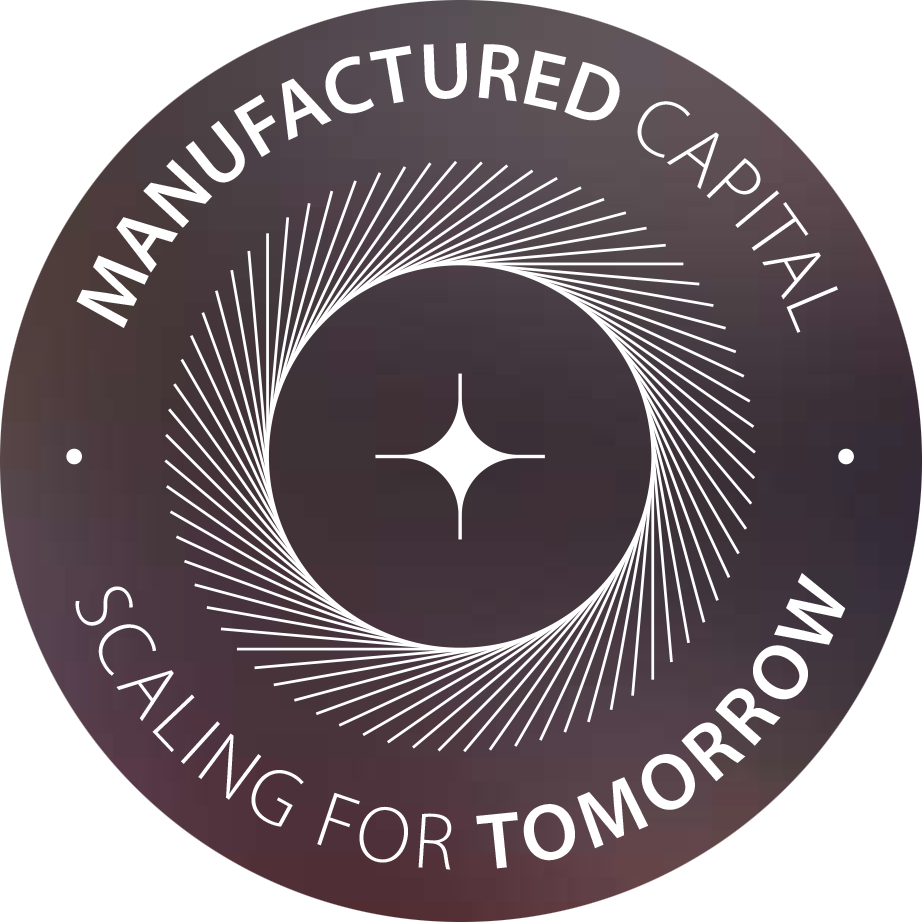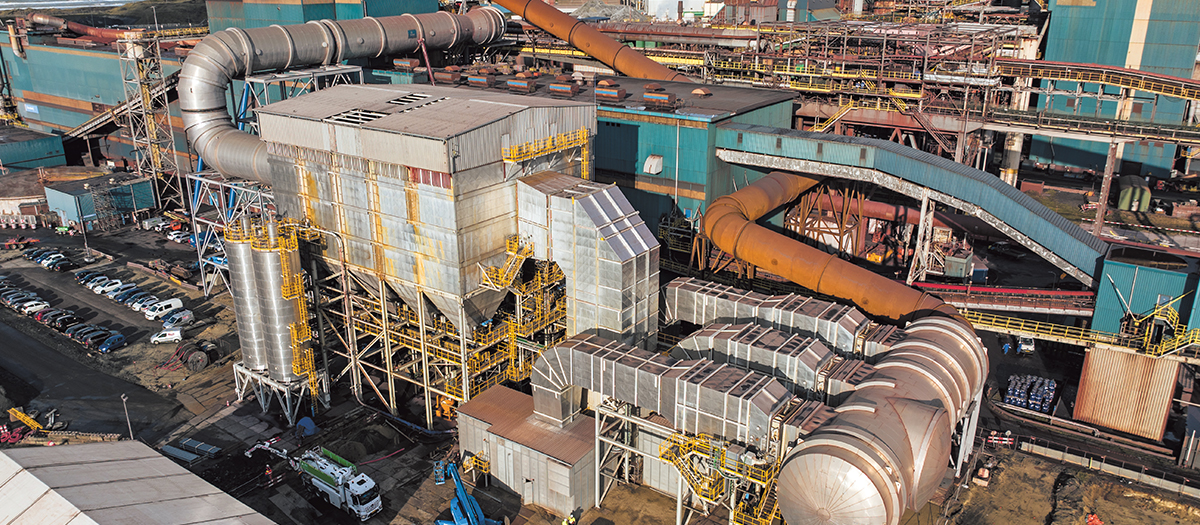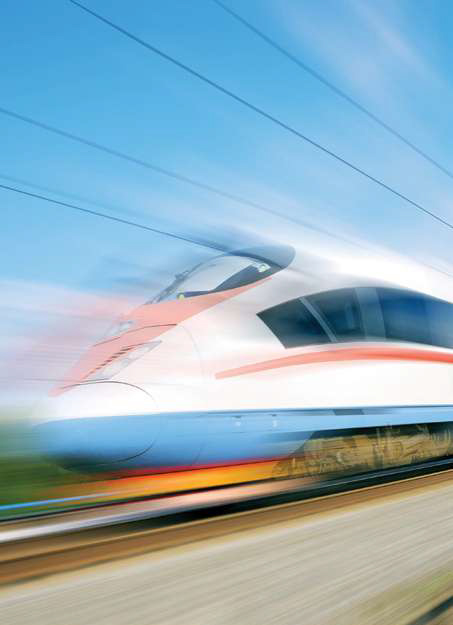
Consolidated Crude Steel Capacity
With state-of-the-art facilities, mining assets and operational efficiency, Tata Steel consistently delivers high-performance steel, setting industry benchmarks across global markets.

Manufactured Capital
Tata Steel is one of the world’s most geographically diversified fully-integrated steel producers. The Company operates major manufacturing facilities in India, the Netherlands, the United Kingdom, and Thailand, supported by a robust network of downstream and processing centres. These centres enable the conversion of semi-finished steel into high-value finished products, serving a broad spectrum of customer segments.
India operations

Jamshedpur, Jharkhand
Tata Steel Jamshedpur (TSJ) is the
oldest integrated steel facility in India,
continuously operating for over a
century. Recognised for its operational
excellence, the plant has consistently
driven operational excellence and
cost efficiency while embedding
sustainability at the core of its processes.

Gamharia, Jharkhand
Specialising in Special Bar Quality
(SBQ) steel, Tata Steel Gamharia
produces high-alloy, value-added steel
for diverse applications. It maintains
a leadership position in sponge iron
production and maximises energy
recovery from kiln waste gases.

Kalinganagar, Odisha
With its focus on technological
excellence and strategic location,
Tata Steel Kalinganagar (TSK) enables
Tata Steel to meet its strategic growth
objective in the domestic market. The
Kalinganagar Phase II expansion has
increased the steelmaking capacity
of the plant from 3 MTPA to 8 MTPA,
thereby expanding its portfolio in flat
products and value-added segments.
The plant plays a pivotal role in Tata
Steel’s growth and sustainability agenda,
particularly through initiatives in waste
recycling and process innovation.

Neelachal Ispat Nigam Limited
(NINL), Odisha
The NINL unit is an integrated
steel plant at Kalinganagar,
Odisha producing long products.
NINL continues to strengthen its
position with expansion plans to
increase its crude steel capacity.
Its development roadmap focuses
on achieving benchmark emissions,
increasing renewable energy
sourcing, and optimising solid waste
management—reinforcing Tata Steel’s
environmental stewardship.

Meramandali, Odisha
Tata Steel Meramandali (TSM) is
one of India’s largest flat product
manufacturing facilities. In FY2024-25,
it recorded its highest-ever crude steel
output. The plant has undertaken
strategic initiatives to enhance
operational efficiency, environmental
performance, and long-term cost
optimisation.
Overseas operations

IJmuiden, The Netherlands
Tata Steel Nederland (TSN)
manufactures high-quality flat steel
products for diverse industries including
automotive, construction, packaging,
and heavy equipment. The facility is also
spearheading efforts to reduce carbon
intensity and transition to sustainable
steelmaking practices.

Port Talbot, The United Kingdom
Previously operating at 5 MTPA
through the blast furnace route,
Tata Steel UK (TSUK) is transitioning
to an electric arc furnace (EAF)-based
production method, with support from
the UK Government. Being the largest
steel producer in the UK, Tata Steel UK
produces high quality differentiated
strip steel products for the
construction, automotive, packaging
and engineering markets.

Saraburi, Rayong and Chonburi,
Thailand
Tata Steel Thailand (TSTH) operates
three manufacturing facilities across
Thailand, utilising recycled steel
scrap as the primary raw material.
The Company specialises in the
production of bars, rebars, wire rods,
and small sections, contributing
to circular economy practices and
regional infrastructure growth.

Dust Removal Plant, Tata Steel Nederland
Expansion in India
Tata Steel aims to increase its crude steel production capacity in India to 40 MTPA, through a strategic mix of organic growth and acquisitions. During the year under review, Tata Steel Kalinganagar (TSK) commissioned several new facilities, leading to an increased production capacity and improved operational performance. The Phase II expansion at TSK is progressing steadily to increase the capacity from 3 MTPA to 8 MTPA.
Key milestones achieved in FY2024-25 include the successful commissioning of Blast Furnace #2 in September 2024, and a third furnace at the Hot Strip Mill (HSM) in December 2024, the rollout of the first cold rolled cold annealed coil in December 2024, and the charging of Coke Plant #2 in January 2025. The Cold Rolling Mill (CRM) will produce high-strength cold-rolled products to cater to the requirements of automotive customers. The commissioning of the Continuous Galvanising Line at the CRM is expected next year. Blast Furnace #2 has ramped up production in FY2024-25 as per plan and is on the path to achieve its rated production capacity.
Scrap based steelmaking in India and Europe
Tata Steel is setting up a 0.75 MTPA scrap-based EAF facility in Ludhiana, equipped with advanced technologies to deliver low-emission, energy efficient production compared to traditional steelmaking processes. The scrap recycling plant in Rohtak, Haryana will supply scrap to this facility. A dedicated supply chain is being developed in the northern part of India to ensure seamless operations.
In the UK, the Company secured a government grant to invest in the state-of-the-art 3.2 MTPA EAF at Port Talbot, expected to reduce direct CO₂ emissions by 50 MT over the next decade. In FY2024-25, TSUK has successfully shut down its heavy-end operations, following global best practices for decommissioning. TSUK has partnered with M/s Tenova for the supply of advanced EAF and related steelmaking equipment. Meanwhile, investments in port handling infrastructure and robust distribution networks ensure seamless customer service during the transition.
In the Netherlands, discussions are underway with the Dutch Government to close one blast furnace by 2030 and transition to a Direct Reduced Iron (DRI)-EAF route. The Company targets emission reduction impacting local communities and increasing scrap steel usage to enhance circularity.
Supply chain and logistics
In India, Tata Steel’s supply chain supports the movement of approximately 105 million tonnes of raw materials, finished goods, scrap, and by-products across its India operations. Over 70 million tonnes of more than 200 grades of raw materials sourced globally are delivered to over 40 internal consumption centres. Simultaneously, 21 million tonnes of finished goods, encompassing 55,000 SKUs from 65 production units (including Steel Processing Centres), are distributed to a diverse group of customers across India and for export. This extensive movement of material is enabled by a well-integrated network of nine ports, 28 stockyards and 35 Steel Processing Centres. As the capacity expands, the scale and complexity of supply chain operations are expected to grow further.
The logistics facility at Tata Steel Kalinganagar has been completed to ensure increased delivery of raw material with the commissioning of Phase II. Rapid Loading Systems for iron ore loading have been commissioned at Noamundi and Joda, improving evacuation rate of rakes. At Tata Steel Meramandali, a ~12 km track has been electrified resulting in a faster turnaround time for rakes and minimising diesel locomotive use. One of the key stockyards at Bengaluru serving auto customers has been upgraded with state-of-the-art finished goods handling and storage facilities.
In FY2024-25, Tata Steel became the first Indian steel company to perform full laden leg on B24 biofuel for its raw material shipment from Australia to India. Further, in finished goods road transportation in India, Tata Steel now has a fleet of ~300 vehicles based on alternative fuels and aspires to take it to 1,000 vehicles by FY2029-2030.
TSN offers Zeremis® Delivered, a low-emission logistics solution, supporting its customers achieve their sustainability goals through low-emission supply chain networks.
Demonstrating excellence
Tata Steel is catering to the diversified market demand across sectors through its multiple facilities with production capabilities ranging from long and flat products to speciality steel. The Meramandali and Kalinganagar facilities have developed various steel grades for the Mumbai-Ahmedabad bullet train project, marking the first-of-its-kind product developed in India. TSK is expanding market share in commercial segments, infrastructure and automotive, while striving to enter new segments like shipbuilding. It has developed steel for hydrogen transport pipelines and for control arm of passenger car application and ship building grades conforming to American Bureau of Shipping (ABS). TSK's expansion will add a broad portfolio, including Advanced High Strength Steels (AHSS), supporting future-ready manufacturing.
At Meramandali, operational excellence has led to improvements in coke plant efficiency resulting in fuel optimisation, and power plant operations. It has completed the development of a hydrogen-compliant steel designed for 100% pure gaseous hydrogen application.
To make its assets future-proof, TSN has implemented a de-NOx solution for pellet production to significantly reduce nitrogen emissions. TSN is also working on making its downstream operations carbon neutral by replacing natural gas with electricity for heating systems in the buildings, and electrification of internal transport.
